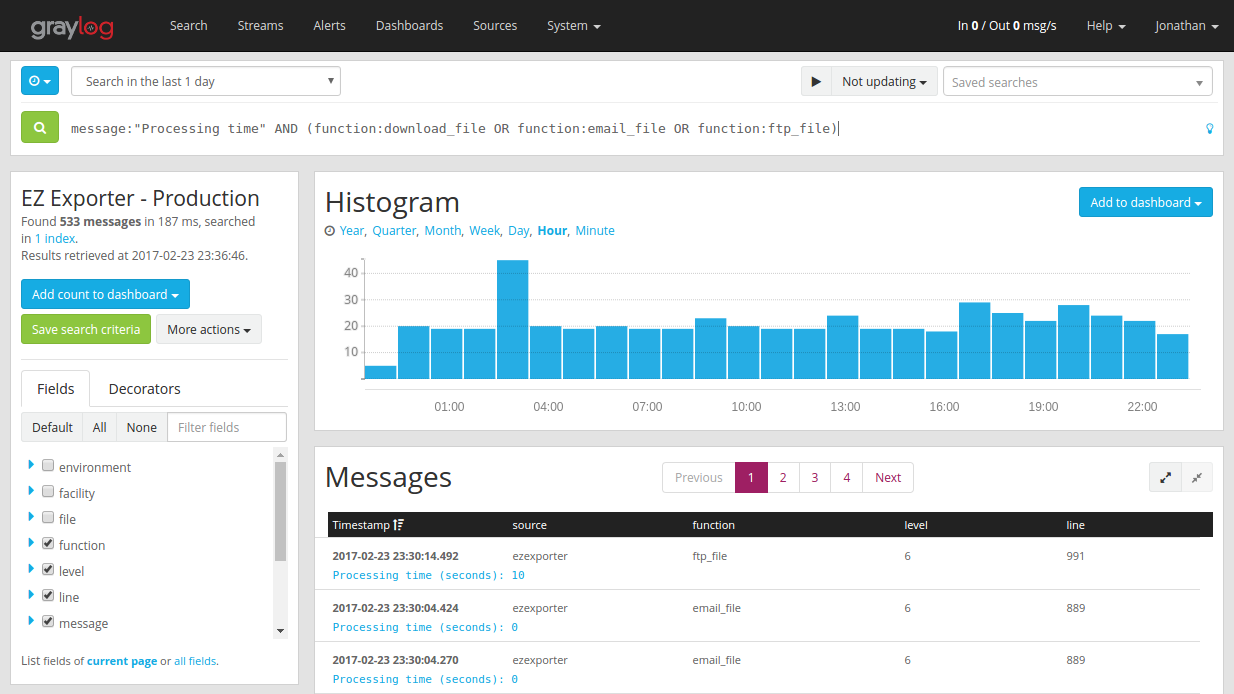Generate random passwords on Linux with the "pwgen" command

With the recent Cloudflare hack ("CloudBleed"), I currently find myself resetting a bunch of passwords.
I tend to use very random passwords for most of my accounts, where each account uses a different random password. Thankfully, with tools like pwgen this is very quick and easy to do. Before using pwgen, I would normally go to a site like random.org to generate random passwords.
Using `pwgen` is very simple, just install it and type the …


